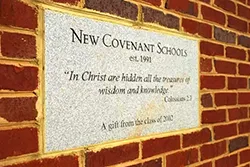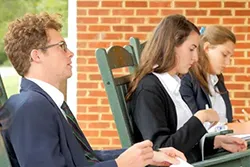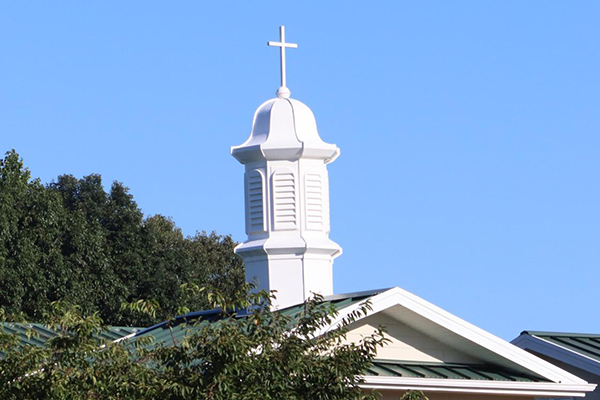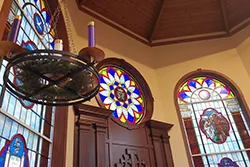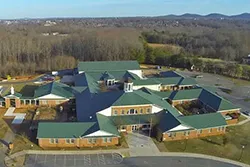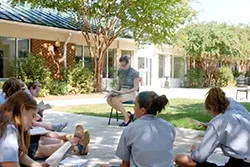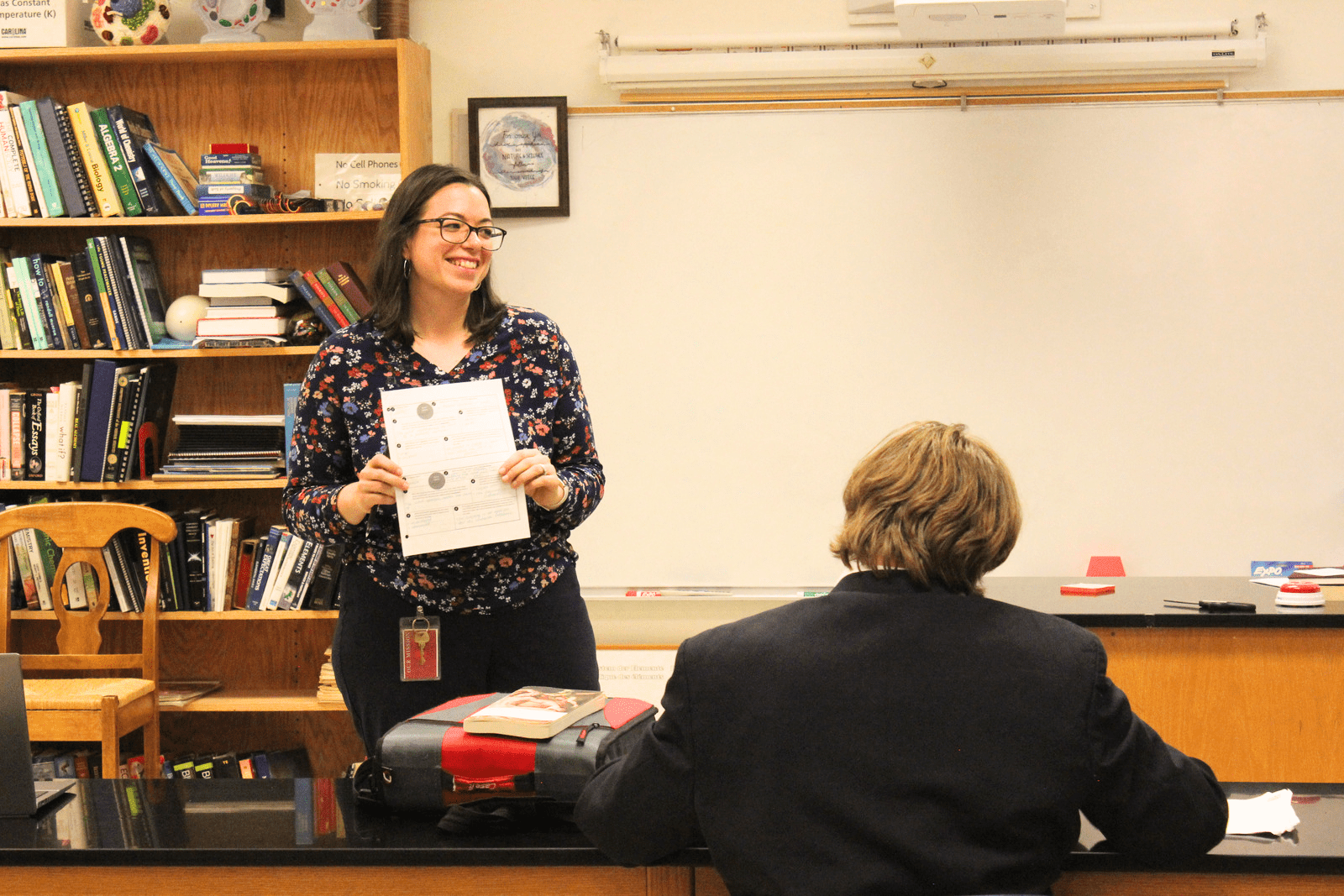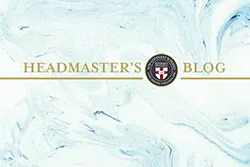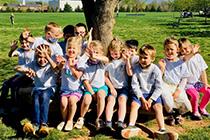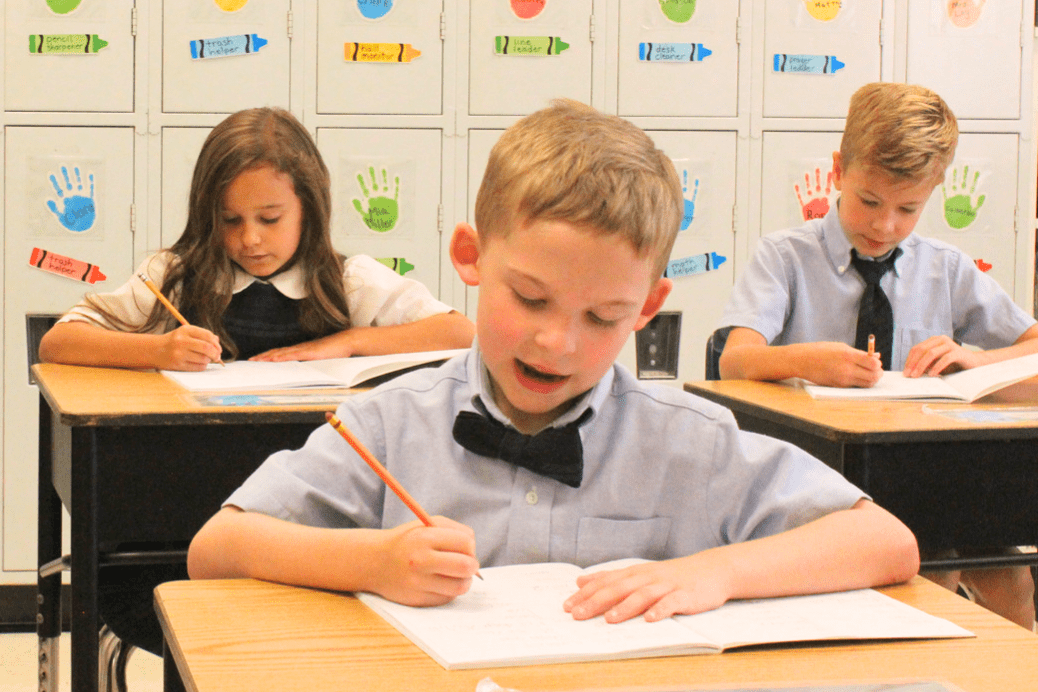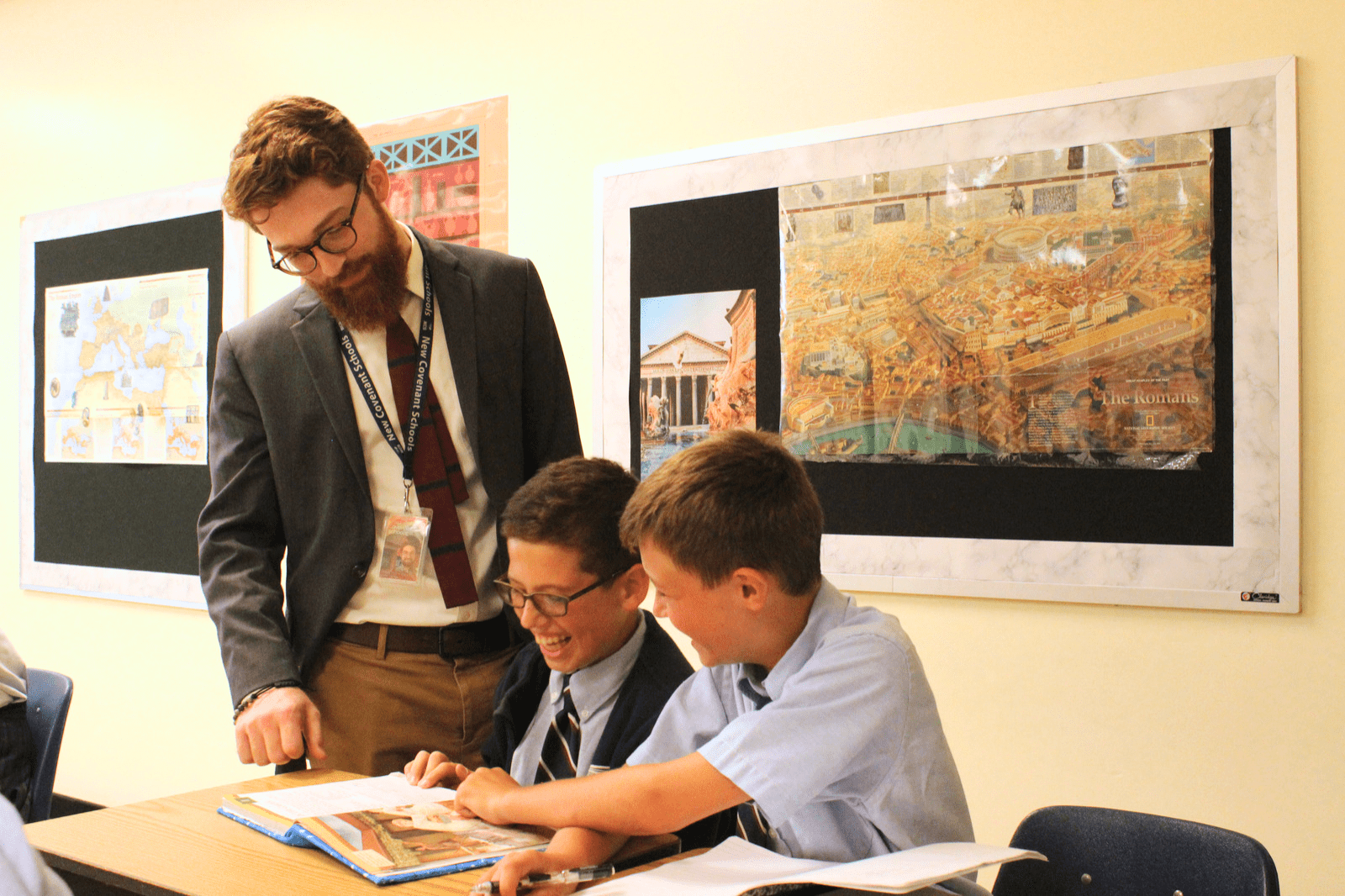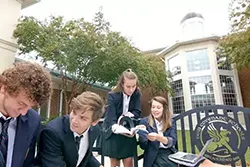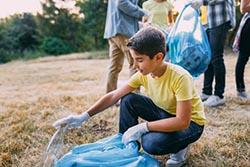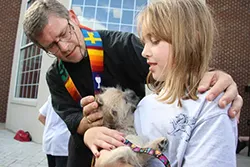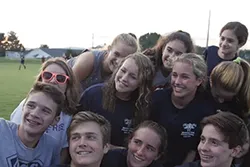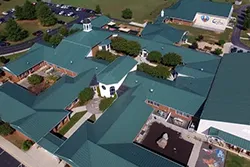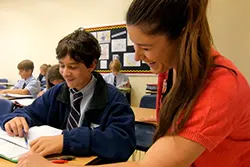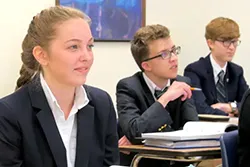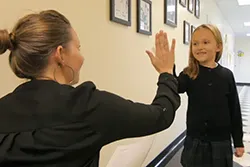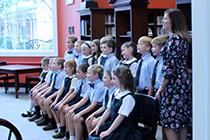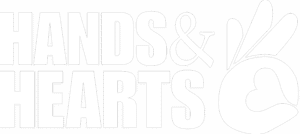Social Media Guidelines
New Covenant recognizes that  members of our community participate in online social networking. The following guidelines are designed to create an atmosphere of good will, honesty, and individual accountability. Students, faculty, and staff should always keep in mind that information produced, shared, and retrieved by them is a reflection on the school community and is subject to school policies. When accessing, creating, or contributing to any blogs, wikis, podcasts, or other social media for classroom or, in most cases, for personal use, we expect you to keep these guidelines in mind. We expect students to set and maintain high standards in their use of social networking. Since social media reaches audiences far beyond the community, students must use social sites responsibly.
members of our community participate in online social networking. The following guidelines are designed to create an atmosphere of good will, honesty, and individual accountability. Students, faculty, and staff should always keep in mind that information produced, shared, and retrieved by them is a reflection on the school community and is subject to school policies. When accessing, creating, or contributing to any blogs, wikis, podcasts, or other social media for classroom or, in most cases, for personal use, we expect you to keep these guidelines in mind. We expect students to set and maintain high standards in their use of social networking. Since social media reaches audiences far beyond the community, students must use social sites responsibly.
1. Think before you post. We ask students to use discretion when posting to the internet.
2. Do not misrepresent yourself on any social media by using someone else’s identity.
3. Social media venues are public and information can be shared beyond your control. Be conscious of what you post online as you will leave a long-lasting impression on many different audiences.
4. Do not post or link anything (photos, videos, web pages, audio files, forums, groups, fan pages, etc.) to your social networking sites that you wouldn’t want friends, peers, parents, teachers, college admissions officers, or future employers to access. What you present on social networking forums can represent you forever.
5. When responding to others, remember to be respectful and avoid comments that may be hurtful. Do not use profane, obscene, or threatening language.
6. Only accept invitations to share information from people you know. Utilize privacy settings to control access to your network, web pages, profile, posts, blogs, wikis, podcasts, digital media, forums, groups, fan pages, etc.
7. Online stalkers and identity thieves are a real threat. Never share personal information, including, but not limited to, Social Security numbers, phone numbers, addresses, exact birthdates, and pictures with parties you don’t know or on unsecure sites.
8. Users should keep their passwords secure and never share passwords with others. If someone tampers with your blog, email, or social networking account without you knowing about it, you could be held accountable.
9. Cyberbullying is considered an act of harassment.
10. New Covenant reserves the right to request school-related images or content posted without permission to be removed from the internet.


